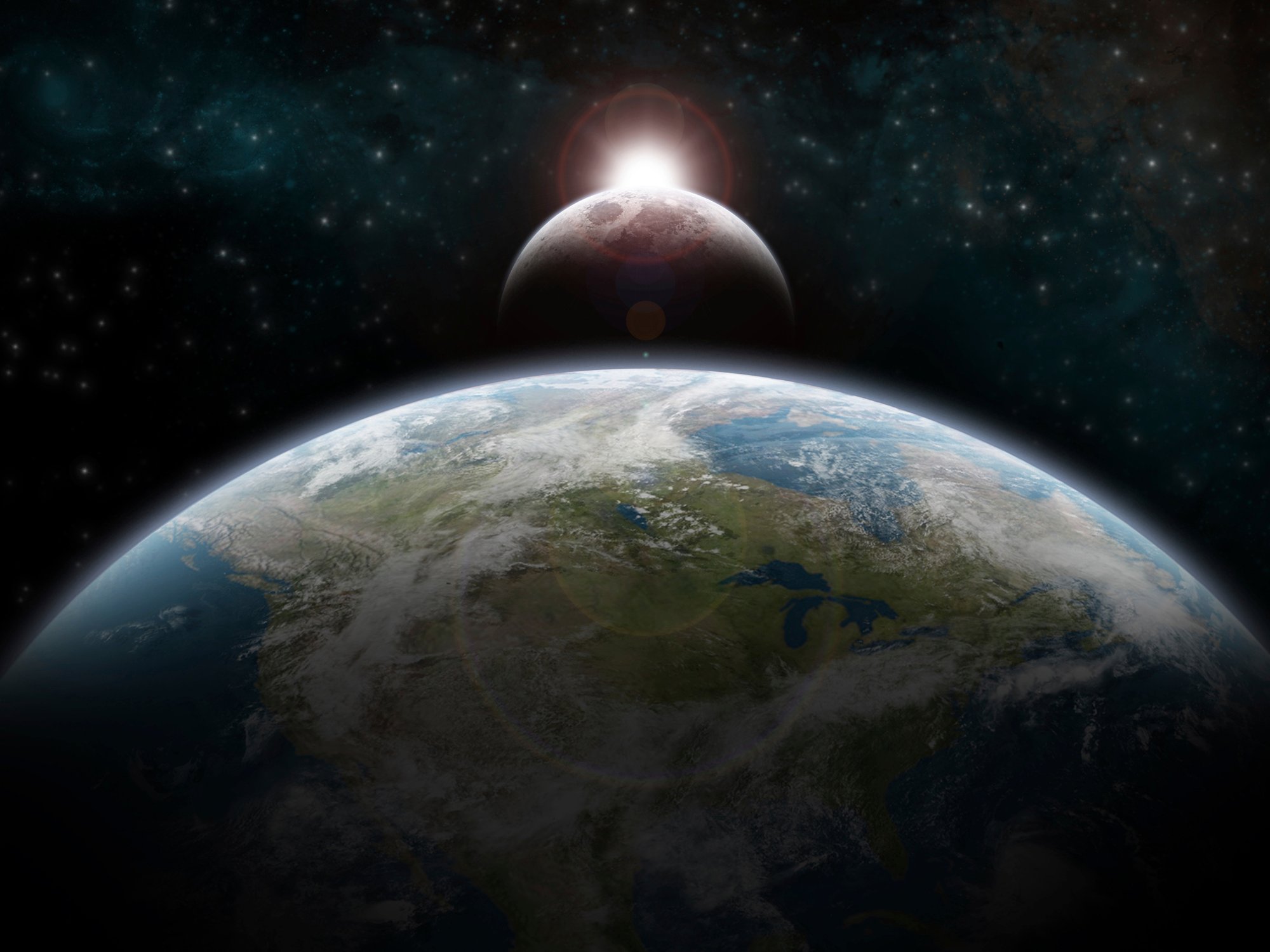SpaceX’s Moon mission
February 28, 2017 | Expert Insights

Is this the Advent of Private Space Travel?
On Monday February 27, 2017, SpaceX – the US private rocket company, announced a mission to the Moon, for late 2018. It shall fly two tourists around the Moon, without making a landing, and then fly beyond. It is expected to be a week-long mission. One of SpaceX’s Dragon2 capsules shall be used atop its Falcon Heavy rocket. The spaceship will be entirely automated (no astronauts) and the travellers trained for emergencies. The spaceship will have its first unmanned test flight later in 2017. The next test, scheduled for the second quarter of 2018, will transport NASA crew to the International Space Station. The unnamed tourists have reportedly already paid a fair sum as deposit. Their training shall be initiated later in 2017, post health and fitness tests. They are fully aware of the risks involved.
Where have We Reached in Space Travel?
SpaceX’s CEO, Elon Musk aspires to colonise Mars starting 2024, with one million people, 100 taken at a time. A robotic mission is being planned for 2020. Once the test run is successful, NASA will send equipment to Mars to garner vital information on the planet. A regular cargo route, with a 26 month window, is sought for scientific experiments before sending manned missions. Further, the firm intends to hone sustainable and reusable rocket technology to reduce space travel costs. This is integral to making a space-faring civilisation.
Simultaneously, NASA is looking at the mid-2030s to launch its first manned Mars mission. India plans to put a rover on the Moon in 2018 and a ‘lander’ on Mars in 2021-22. China is planning a dark-side landing on the Moon by 2018 and a probe to carry out orbiting and roving exploration by 2020. Russia with the European Space Agency launched an orbiter in 2016 and seeks to put a rover by 2020.
Which Technologies Need to be Established?
Successful launches of the Falcon Heavy rocket will pave the way for transporting heavy loads to Mars let alone the Moon mission. This in particular will be a significant space development as other missions are currently focused specifically on scientific experiments. A regular cargo route will help improve scientific experiments and gain robust data using updated technology. This will expedite understanding of the planet and help develop science to facilitate colonisation. Re-use of rockets and building of sustainable technology will cut costs and create space travel access to more. Current technology will result in a US$ 10B ticket but Musk hopes to bring it down to US$ 100,000 over time with their technology.
Assessment
Elon Musk’s space vision to colonise Mars is touted to be fantastical. It is yet based on his understanding of Earth’s dwindling natural resources and increasing population. Work towards taking humans to the Moon and beyond is the first step to taking humans deeper into space. This will help further the Mars vision. While many may deride Elon Musk as an impractical dreamer, do we actually have a visionary?








Comments